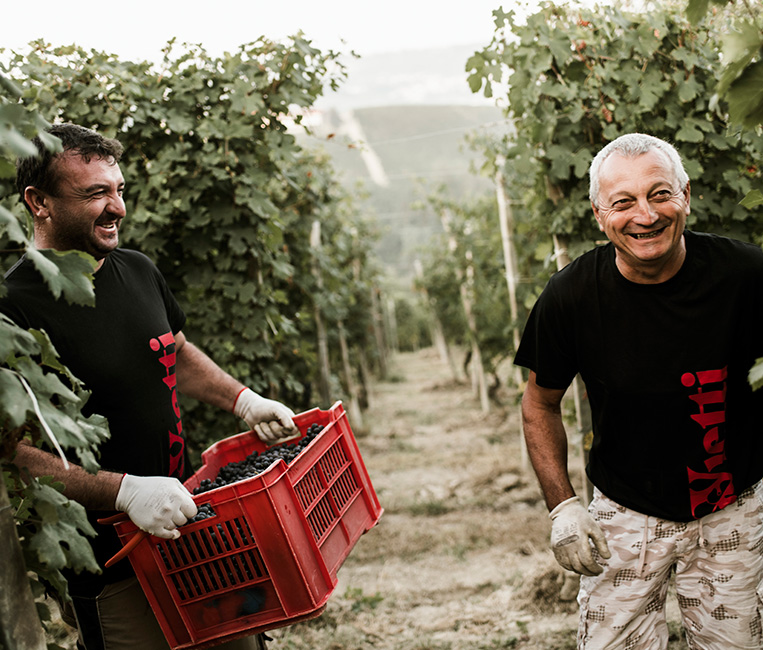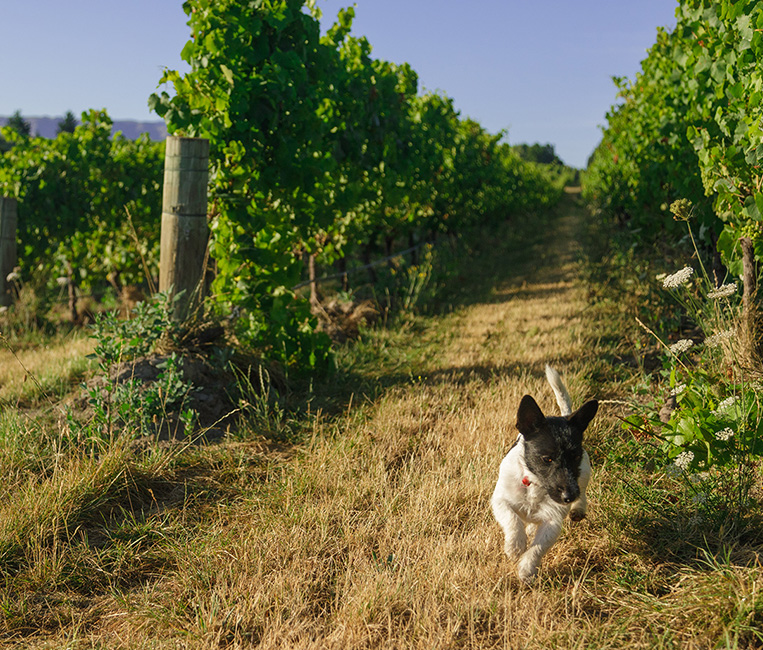The Joy of Organic Wines

Choosing to make organic wines is an important decision and challenge for most winemakers but those who take the plunge reap the valuable reward of high quality wine, crafted by nature itself.
Wine is a ferment teeming with character infused by nature itself. Wine is in essence a product of the soil that its source fruit is rooted in. Yes, the manmade input of viticulture and winemaking is indispensable to how the wine eventually turns out to be but nature lies at the very foundation. When it comes to organic wines, at the heart of it, is the respect and faith the winemaker has in the environment in which he grows and ferments the fruit. In fact, terroir is the most important aspect of winemaking – the subtle balance of climate, soil and human effort. Organic wine making is further step in the right direction of allowing terroir to influence the wine without any artificial intrusion. An organic wine, simply put is produced from grapes that have been cultivated without the use of pesticides or herbicides.
As an alternative to these harmful chemicals, viticulturists find naturals ways to repel bugs and weeds from damaging their crop and one of the prime ways is by boosting their vineyard’s biodiversity. Taking the organic approach allows the wine maker to coax a truer expression of the soil and the regional specificity out of the grape, given that the chemicals no longer inhibit the fruit. That said, taking chemicals out of the viticulture equation comes with daunting challenges, chief among which is the inevitable loss of some volume to ravaging pests. Crafty viticulturists have however enlisted a host of natural assets like beneficial insects and cattle to take care of business. Some notable examples include Wine Park’s very own imported label of Dog Point from New Zealand that trot out sheep to graze between the vine rows while in Argentina, armadillos are rolled out to do the job and in Chile, domesticated geese and llamas are let free to forage at the base of the vines.

The geese happily snack on their favourite beetles that in turn prefer grapes. Californians have stocked their faith in birds, banking on chickens to eat the weeds and pick off vine weevil infamous for gorging on vine roots and shoots. This critical choice to lean on natural predators rather than artificial chemicals has a discernible positive impact on the wine’s eventual quality and flavour. Outlawing pesticides protects the grapes from dangerous carcinogens, harmful to both humans and nature and in the long term improves the quality of the soil and groundwater. Going organic also involves changes in the winery, chief among them being a substantially reduced use of sulfite, a chemical preservative intended to prevent wine from spoiling. A typical wine will have a sulfite component of upto 350 parts per million while organic wines, significantly contain less than 100 ppm of sulfiteThis natural transition leads to bottling of wine of high quality with great varietal integrity. The wine tastes pretty good too!




